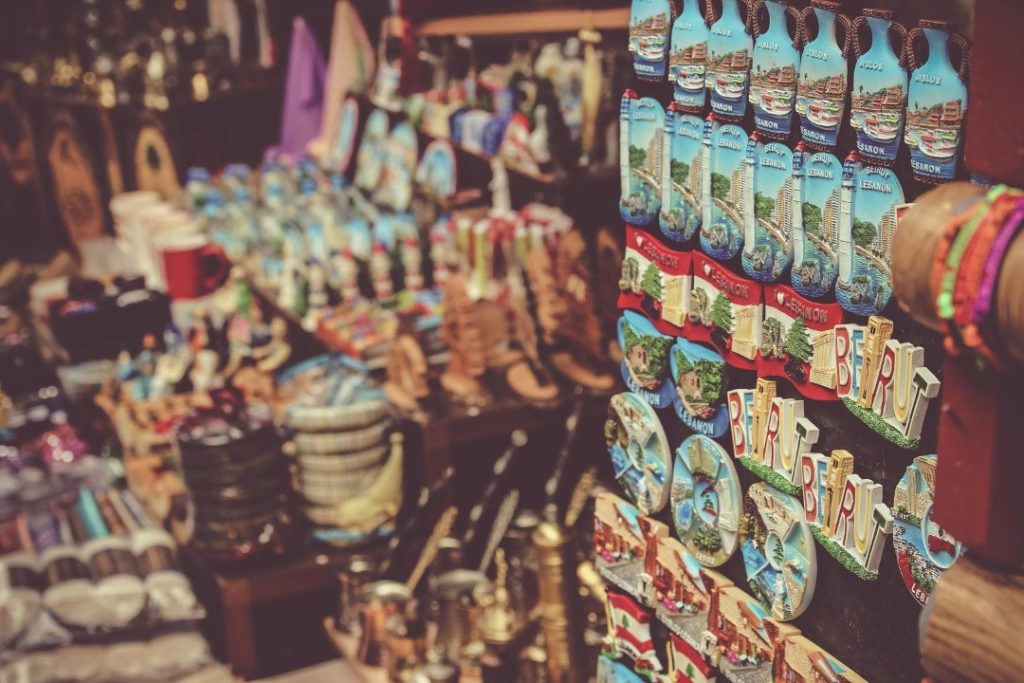
Souvenirs have been linked with cultural appropriation in many occasions and studies. The misuse of cultural elements is what this term stands for, and in many instances, souvenirs do not hold an appreciation purpose. On the opposite – they highlight stereotypes and contribute to oppression.
In this article, you’ll learn more about this term and how exactly souvenirs contribute to it.
Read an Essay Example That Will Teach You More
To learn more about cultural appropriation, access some free resources. There’s a lot that you can read online to get yourself familiar with this term, as well as the role that souvenirs play in it. You can use cultural appropriation essays that are available for free. The samples of Writing Bros are definitely worth to read, and they’ll give you a much better image of the importance of this topic, as well as point out to cultural appreciation examples.
By reading a free essay, you will not only better understand this topic, but you’ll also have an example to teach you how to write on this subject. Every essay example above is free to read, but not to use. You should still craft your custom paper on the cultural appropriation topic if one is assigned to you.
Before you jump to read an online essay, let us tell you a bit about the topic.
Cultural Appropriation vs. Appreciation
Cultural appropriation is the use of elements or objects of a culture that is not dominant in a way that contributes to oppression and promotes stereotypes. This also refers to the usage that doesn’t respect the element’s original meaning, or it doesn’t give proper credit to the source.
Appreciation is the very opposite. In the case of cultural appreciation, people seek to learn and better understand another culture to connect with people cross-culturally.
Appropriation can refer to any instance of using cultural elements like dress, dance, and symbols without permission. It’s a phenomenon that many are not aware of, and is often done unintentionally.
Unlike the case with appropriation where the aspects of a culture are ‘stolen’ and misused for personal interests, appreciation is focused on demolishing cultural barriers and basically, reinforcing the education culture in society.
Taking and using cultural elements has brought amazing connections and advances in a multicultural level. However, there’s a line between using it with appreciation and misusing it. When a dominant group makes use of said elements in an exploitative manner in the eyes of the non-dominant group, this becomes cultural appropriation.
But, what do souvenirs have to do with this matter?
Why Do Souvenirs Exist?
Cultural appropriation is a big concern for ethical travelers. In recent years, the discussion surrounding this topic has become very big, so much that people now recognize what they should and should not do if they want to avoid offending other cultures.
For example, you know that a Native American headdress is not a good thing to wear to a music festival.
Unfortunately, even though we are very aware of this, we often forget about it when travelling. This is mostly seen in how we buy and use souvenirs.
By nature, a souvenir represents a small part of a place that is not our home. If we are to tackle the lines of cultural appropriation and appreciation, missteps with souvenirs often happen. Just imagine – a person with a day or two familiarity of a new culture can purchase an element of it, and they don’t even understand what it means. This can easily result in improper use, especially if the tourist is of a more dominant culture.
What Role Do Souvenirs Play in Cultural Appropriation?
Let’s consider one common tradition. We all have this habit of buying souvenirs as memory keepers or as gifts to the people back home. When you buy souvenirs, who do you buy them for? Do you buy them as a keepsake to remind you of the trip, or as something you can gift others? Do you buy them to support the community and country where you’re currently situated?
When you buy the souvenir, you should take a look at your intentions. Why are you there? What do you know about the souvenir? Do you understand its meaning and know how to use it properly?
If souvenirs are a piece of the culture you just met, you should show appreciation and know what they represent. Unless you want to promote cultural appropriation, you should be more mindful about what you buy i.e. prioritize the context of the items over their appearance or their price.
If you buy souvenirs solely for the purpose of ‘getting something back home’, or ‘because the price was low and I needed it for a gift’, you are promoting cultural appropriation. Basically, you are taking a piece of a different country without knowing its meaning or value.


